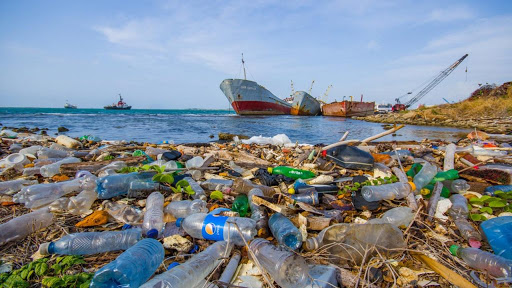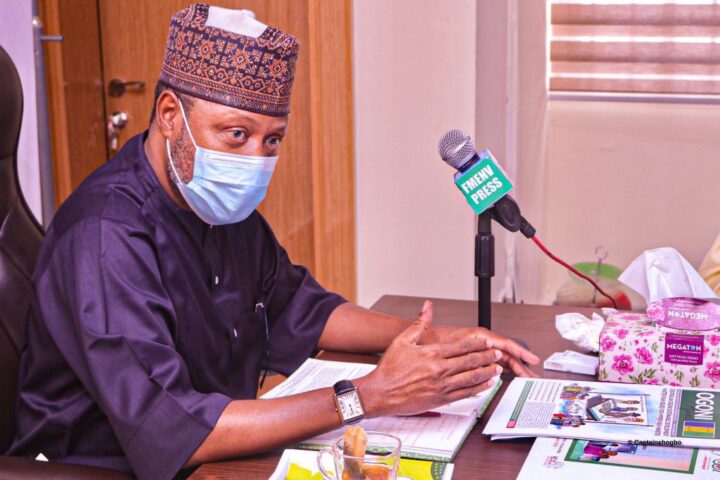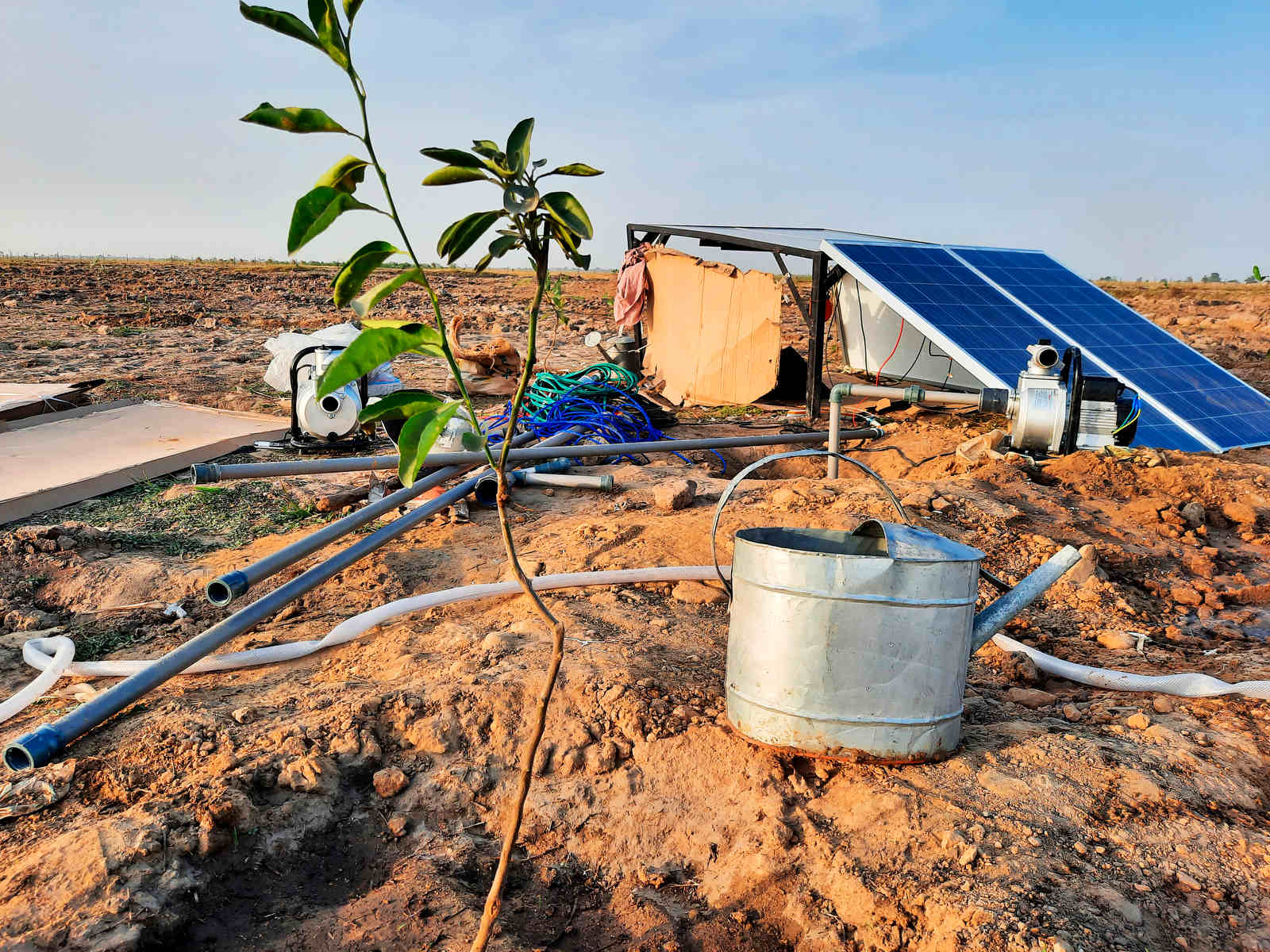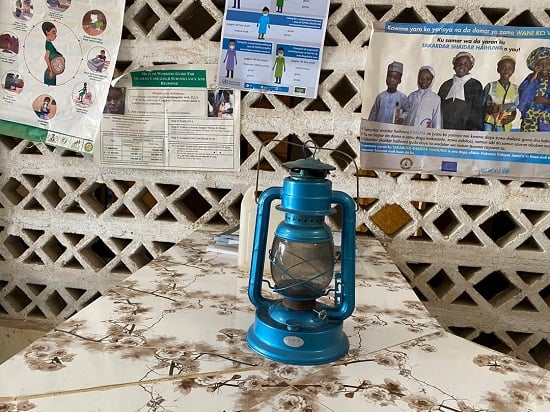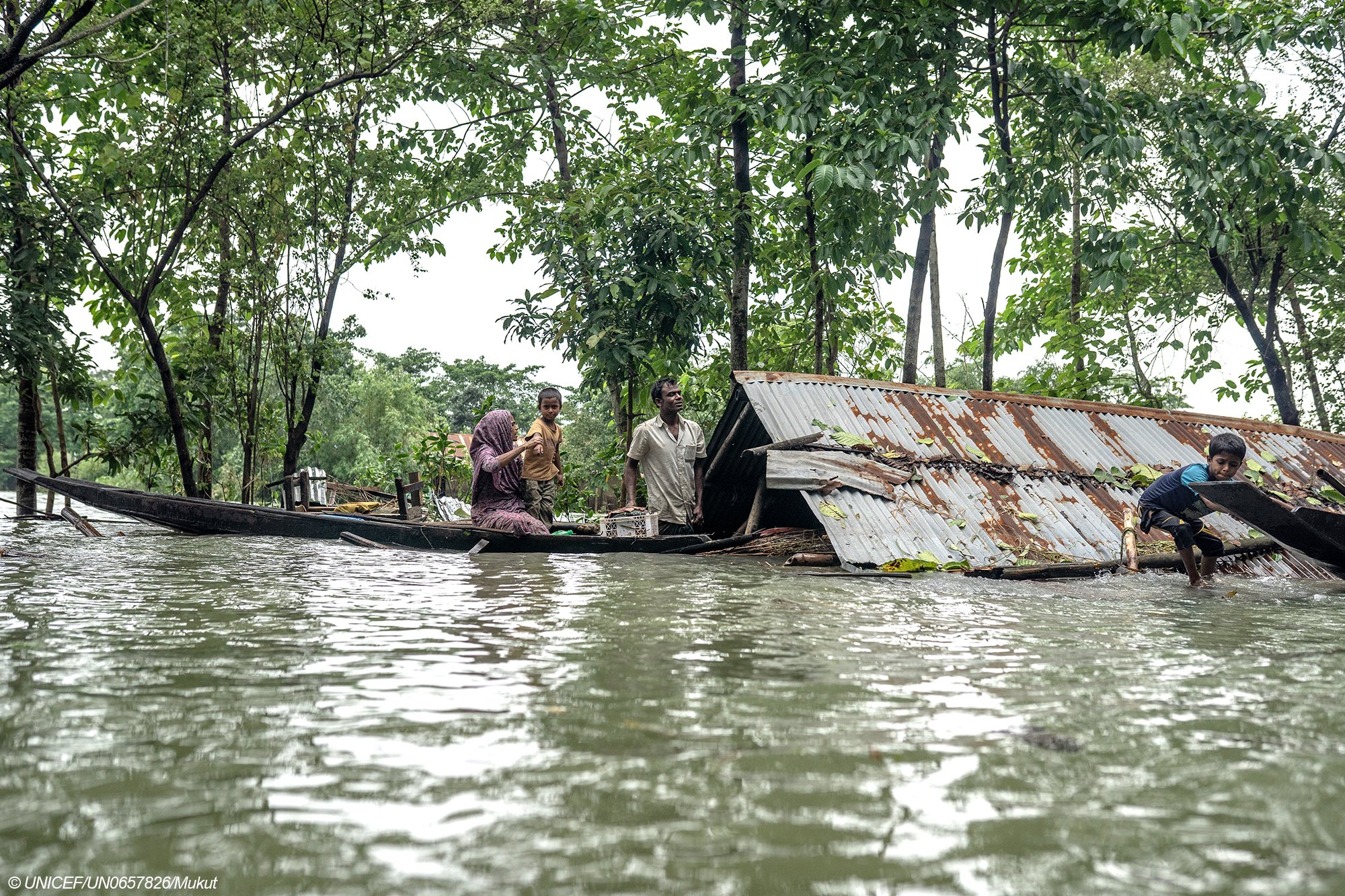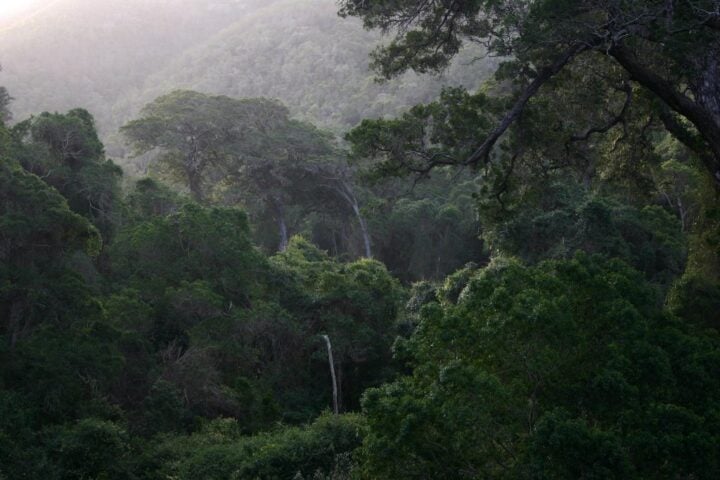Climate change: Five ways to reduce your plastic use
The Health of Mother Earth Foundation (HOMEF), a non-governmental organisation, has asked that companies polluting Nigeria’s oceans and ecosystem, especially in the Niger Delta, must not be allowed to divest without paying for their “environmental sins”.
The organisation made this known in a statement to mark this year’s World Oceans Day with the theme ‘Revitalisation: Collective Action for the Ocean’.
The Day celebrated annually aims to remind the world of the role the oceans play in everyday life, establishing, and highlighting people’s connection to the sea, as well as raising awareness on the essential role it plays in the overall health of the environment.
Earlier in the year, TheCable reported how some oil companies operating in Nigeria degan divesting from Nigeria’s oil industry and selling off their onshore assets.
Advertisement
Nnimo Bassey, HOMEF director, said this must not continue as polluting the ocean is a direct threat to humanity and these companies must be made to pay for their crimes.
He said there is need for collective action but this would not be possible if Nigeria does not define what the problems are, and who are responsible for the problems.
“We cannot talk about collective actions without first defining what the problems are, and who are responsible for the problems,” Nnimo was quoted as saying.
Advertisement
“It is crystal clear that industrial fishing, offshore exploration, and exploitation, dumping of waste offshore, and similar activities are the major drivers of pollutions and aquatic ecosystems destruction. We can only thrive when our oceans thrive. Polluting the ocean is a direct threat to humanity and polluters must not be allowed to divest without first accounting for their environmental sins.”
The statement added that it is important to begin to ask real questions as to who is destroying the oceans, seas, rivers, and creeks and that polluters must halt their activities, clean up the mess and make reparations for the harms they have inflicted.
It encouraged people to reflect on the state of the oceans, seas, rivers, and creeks especially for individuals and local communities who have lived in harmony with these water bodies and who need to be recognized, supported, and learned from.
It further said HOMEF used the occasion of the Ocean Day to inaugurate a FishNet Alliance chapter – a network of fishers in Africa – in the Ogulagha community in Delta.
Advertisement
“The degraded condition of the community is a sad commentary on the despoliation of the Niger Delta and the Gulf of Guinea by oil exploration and exploitation. Like many other extractive communities of the Niger Delta, Ogulagha community is incessantly impacted by oil spills and waste dumps that threaten not only the aquatic.”
Speaking on behalf of the Alliance, Stephen Oduware, HOMEF project officer, said “fishers are facing a lot of problems ranging from pollution to low catch of fish. Climate change impacts and insecurity at the high seas are real threats. It seems there is a deliberate attempt to erase fishers out of the equation and value chain.
“The recent plan by the Nigerian government to deploy genetically improved Tilapia fish (GIFT) buttresses this at the national level, while the current WTO chair’s negotiation text supporting overfishing through fisheries subsidies reinforces the sorry state at the global level.”
He called on national, regional, and continental governments to consult fishers on policies that govern aquatic ecosystems and support artisanal fishers because “they support the economy and provide employment”.
Advertisement
Add a comment
